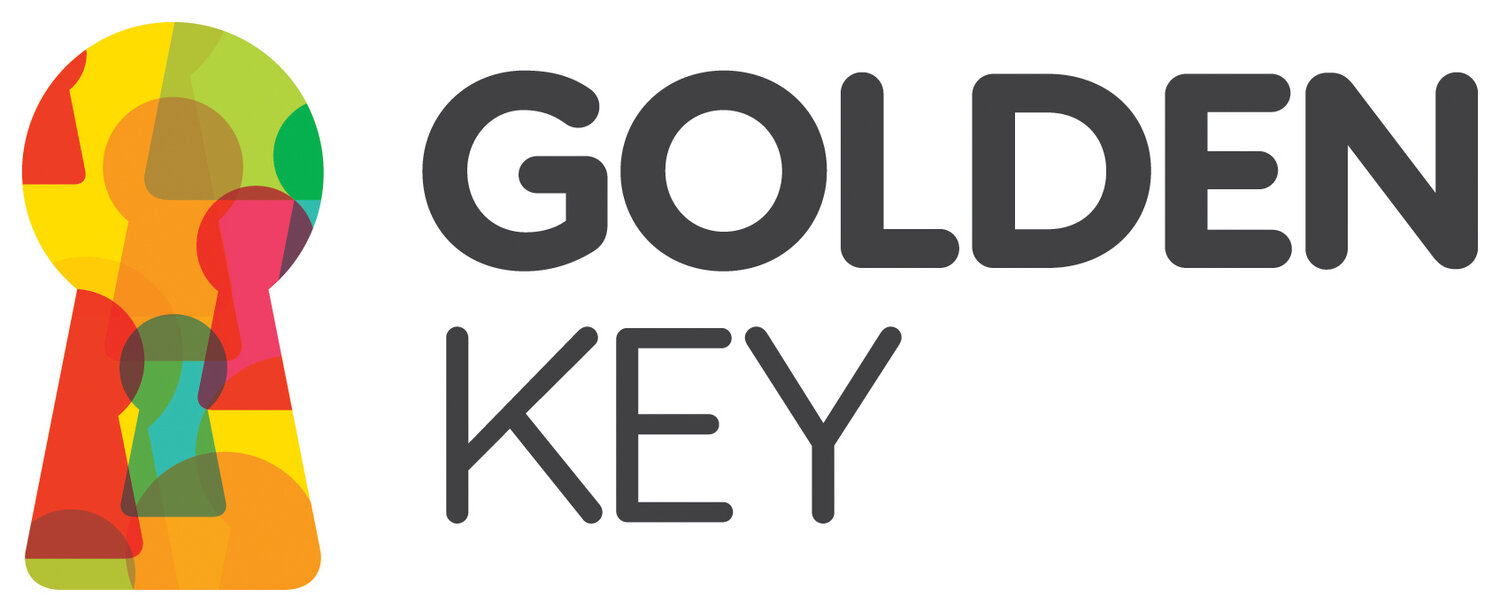Developing a strengths-based approach to multi-agency meetings
Sam Wilson is the personality disorder lead within Golden Key’s Service Coordinator team. He is working with people across the system to help services develop a strengths-based mindset. In this post he tells us why and how we developed our Strengths Meeting Toolkit.
I always try and view systems from the perspective of people who experience stigma, discrimination and exclusion. I frequently talk about these experiences with clients, carers, practitioners and managers.
I was talking with a colleague from a local organisation after a particularly challenging multi-agency meeting a few years ago. We observed that the client being discussed had not been heard and had felt alienated by the experience. There was so much anxiety around the impact of their disruptive behaviour; the whole meeting was focussed on managing risk and ‘problem behaviours’.
We talked about how things might have been different if the client voice had been at the heart of the discussion and the focus had been on their strengths and what had been going well. These observations were echoed by Golden Key staff and clients, and other professionals. People felt that multi-agency meetings were spaces in which a different approach could have a big impact on client experience.
We started generating ideas and researching an evidence base, drawing on learning from person-centred, strengths-based and trauma-informed approaches and positive risk-taking. From this, and from trying things out, we developed a flexible multi-agency meeting structure which considers the client’s strengths, resources and skills.
Services have been willing to consider the approach, adapting and incorporating it into their own systems. The feedback has been overwhelmingly positive, and it is having a ripple effect, shifting people’s mindsets across the system:
“I’m very positive about the strengths-based model used in this meeting and this has challenged the way I would approach meetings in the future.” - social worker, multi-agency meeting attendee
As one Golden Key client has said:
“I am not just my trauma.
“Knowing that I have areas of strengths I can focus on means that I am putting my time and energy into areas of my life, personality and skills that I am actually good at, rather than continuously failing.”
The approach is inspiring more creative solutions, helping people to unstick difficult situations and leading to more effective collaboration and communication. Rather than focusing on what’s missing, it encourages people to ask: “What have we got – and how can we build on that?”
Click here to learn more and download the Golden Key Strengths Meeting Toolkit.
